Summary
The Campeonato Brasileiro Série A (Portuguese pronunciation: [kɐ̃pjoˈnatu bɾaziˈlejɾu ˈsɛɾi ˈa]; English: "Brazilian Championship A Series"), commonly referred to as the Brasileirão (pronounced [bɾazilejˈɾãw]; English: "Big Brazilian" or "Great Brazilian"), the Série A or the Brazilian Série A (to distinguish it from the Italian Serie A), is a professional association football league in Brazil and the highest level of the Brazilian football league system. Contested by 20 clubs, it operates on a system of promotion and relegation with the Campeonato Brasileiro Série B. In 2021, the competition was chosen by the IFFHS as the strongest national league in South America as well as the strongest in the world.
Due to historical peculiarities and the large geographical size of the country, Brazil has a relatively short history of nationwide football competitions. The main and most prestigious competitions were the state championships, run in each of the Brazilian states, with occasional inter-state tournaments, such as the Torneio Rio–São Paulo. In 1959, advancements in civil aviation and air transport and the need to appoint a Brazilian representative to the first edition of the Copa Libertadores, led to the creation of a regular nationwide tournament, the Taça Brasil. In 1967, the Torneio Rio-São Paulo was expanded to include teams from other states, becoming the Torneio Roberto Gomes Pedrosa, which was also considered a national tournament. The first tournament downright called a national championship was held in 1971, also won by Atlético Mineiro, although it was only referred to as "Campeonato Brasileiro" starting in 1989.
One of the historical characteristics of the Brazilian Championship was the lack of standardization in the competition system, the rules and the number of participants, which changed almost every season. Because of this, in several seasons there was no promotion and relegation system to the Second Division, and sometimes there weren't different tiers. Number of clubs also fluctuated, with the 1979 edition reached its peak, with 92 participants. The various formats already adopted include a knockout tournament system (1959–1968) and a mixed system with a group stage followed by playoffs (1967–2002). The championship's competition formula was standardized only in 2006, when the round-robin system with 20 clubs was adopted with all teams facing each other in home and away games.
In 2010, the champions of national tournaments from 1959 to 1970—Taça Brasil and Torneio Roberto Gomes Pedrosa—have been declared official winners of the Brazilian championship or champions of Brazil (not winners of Brasileirão or Série A) by the Brazilian Football Confederation. In August 2023, the CBF declared the 1937 Torneio dos Campeões retroactively a Brazilian championship. The titles of old tournaments, cited in the Brazilian championship history, are equated to the title of Série A, but the tournaments are cataloging with their original name in the statistics (despite being different competitions, they confer the same title).
The Campeonato Brasileiro is one of the strongest leagues in the world; it contains the second-most club world champions titles, with 10 championships won among six clubs, and the second-most Copa Libertadores titles, with 23 titles won among 11 clubs. The IFFHS ranked the league fourth in strength for the 2001–12 period after the Premier League (England), La Liga (Spain), and Serie A (Italy). The Campeonato Brasileiro is the most-watched football league in the Americas and one of the world's most exposed, broadcast in 155 nations. It is also one of the world's richest championships, ranked as the sixth most valuable with a worth of over US$1.43 billion, generating an annual turnover of over US$1.17 billion in 2012.
Since 1959, a total of 156 clubs have played in the Campeonato Brasileiro. Seventeen clubs have been crowned Brazilian football champions, thirteen of which have won the title more than once. Palmeiras is the most successful club of the Campeonato Brasileiro, having won the competition twelve times, followed by Santos with eight titles, and Corinthians and Flamengo with seven titles each. Santos' Os Santásticos won five consecutive titles between 1961 and 1965, a feat that remains unequalled. The state of São Paulo is the most successful, amassing 34 titles among five clubs.
▤ Read more →
 Premier League
Premier League La Liga
La Liga Bundesliga
Bundesliga Serie A
Serie A Ligue 1
Ligue 1 Liga Portugal
Liga Portugal Eredivisie
Eredivisie Süper Lig
Süper Lig MLS
MLS Série A
Série A J1 League
J1 League Saudi Pro League
Saudi Pro League WSL
WSL Première Ligue
Première Ligue NWSL
NWSL





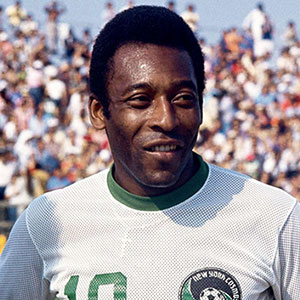
 Profile
Profile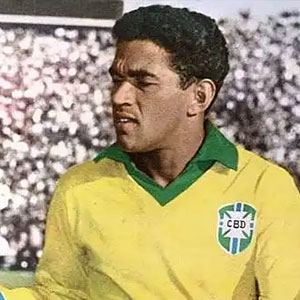

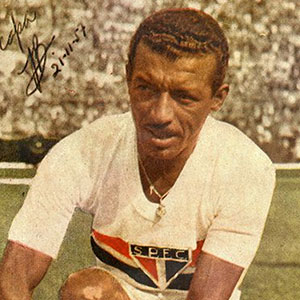
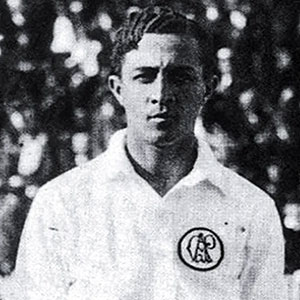
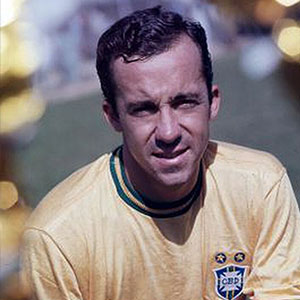
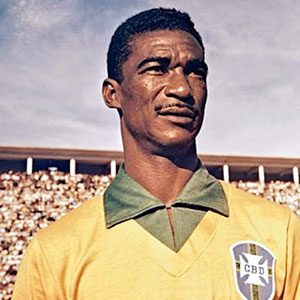
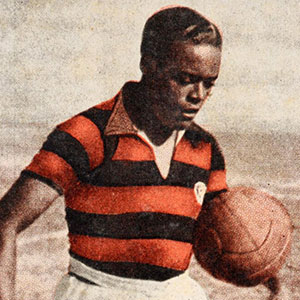
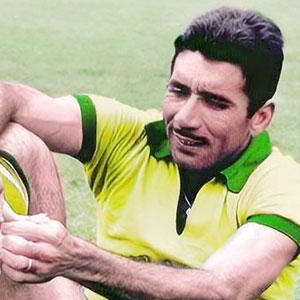

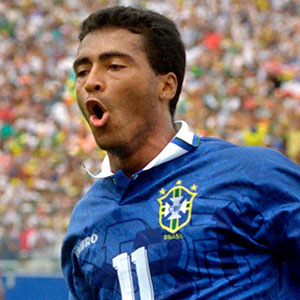

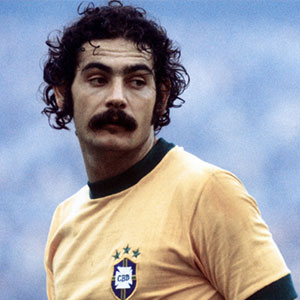
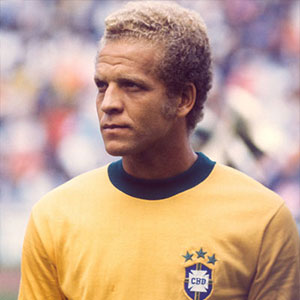
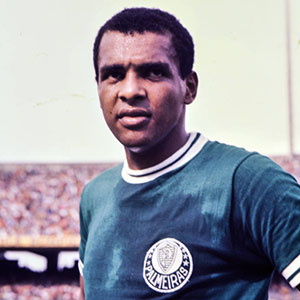
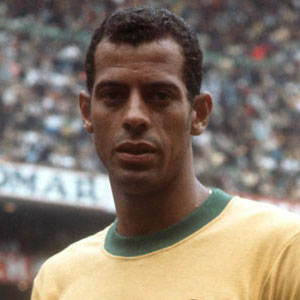

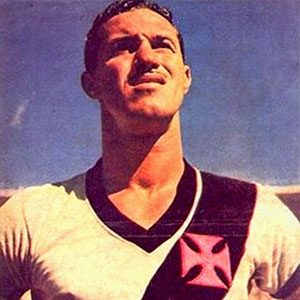
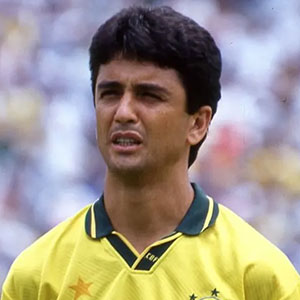
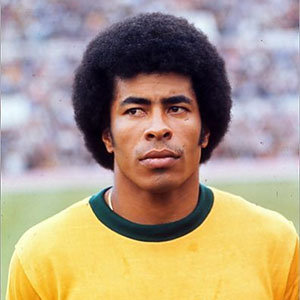
 •Série A
•Série A








